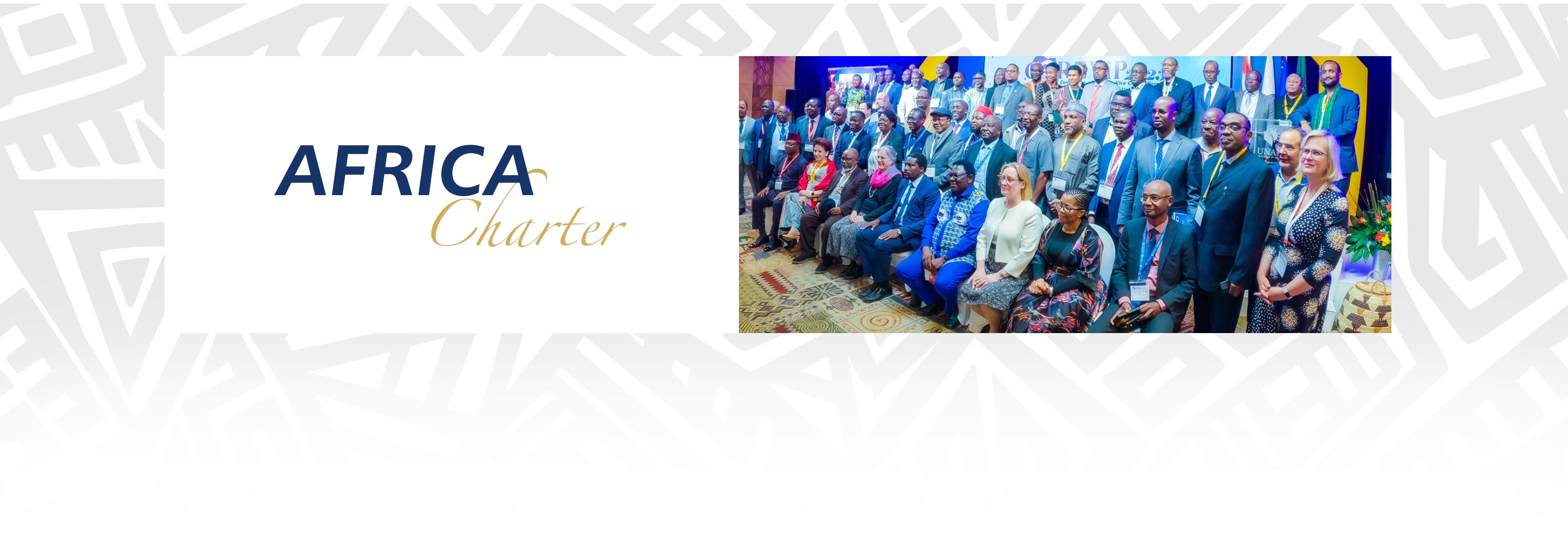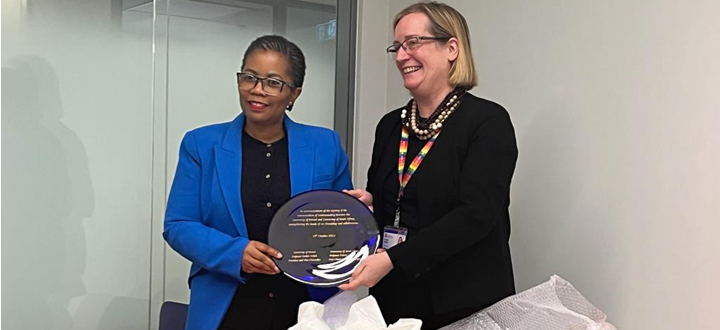
It is common knowledge that African institutions are rarely if ever ranked highly globally and that Africans make up an enormously small fraction of the world's researchers and scientific publications. In terms of global research metrics such as the number of researchers actively engaged in global science, the outputs, citations, and of course rankings, the vast majority of African academics and institutions are conspicuously absent. As a result, rather than relying on fragmented solutions, global research needs a systemic approach for transformation.
To ensure that Africa's contributions to global scholarship are not diminished, we as Unisa have collaborated with the university of Bristol and the university of Cape Town to create the Africa Charter for Transformative Research Collaborations. This charter initiative marks the beginning of a movement towards a more equitable research ecosystem.
At the core of the charter is a demand for rethinking the politics of knowledge production, i.e. shifting away from the assumed universal lens which privileges Euro-Western notions of viewing the world. We acknowledge global North-Africa research collaborations as an essential and feasible entry point to help achieve the shift in the Global science research ecosystem.

The objective of the Africa Charter is to develop transformative research collaborations that will serve to advance a more just and richer pluriversal global scientific effort across the formal, natural and social sciences, as well as the arts and humanities, in which Africa takes its rightful place. It has become a globally defining document on partnerships between the Global South and Global North, having been adopted by 88 universities during and following its launch at the African Association of Universities’ Biennial Conference of Rectors and Vice-Chancellors in Namibia in July 2023.
The Charter initiative was facilitated by and built on a foundational, now published, conceptual and analytical frame and argument developed by the Perivoli Africa Research Centre (PARC) at the University of Bristol (UoB) together with the Chief Albert Luthuli Research Chair at the University of South Africa (UNISA) and the Institute for Humanities in Africa (HUMA) at the University of Cape Town (UCT). More broadly, the collective Charter effort was driven by a shared embrace of pan African concerns and perspectives articulated in a long history of critical anti-, post- and de-colonial intellectual thought from the continent.
Last modified: 2025/12/11